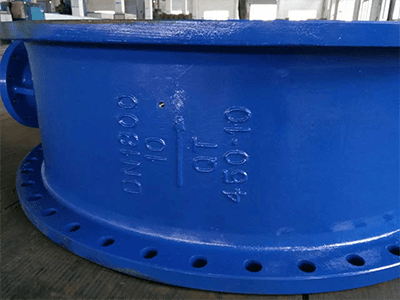Air compressors are indispensable tools that convert energy into pressurized air, driving countless industrial, commercial, and residential applications. From powering tools to aiding in construction projects, their utility is unmatched. This guide answers key questions about air compressors and highlights their role in deploying geogrids, essential for soil stabilization in construction.

What Are the Primary Types of Air Compressors?
Air compressors are categorized by their mechanism of operation:
- Piston Compressors: Utilize reciprocating pistons; ideal for light, sporadic tasks.
- Rotary Screw Compressors: Provide continuous air supply using screw-like rotors; suited for industrial use.
- Centrifugal Compressors: Leverage high-speed impellers for steady output; used in large-scale operations.
Each type supports specific applications, from DIY projects to heavy machinery operations.
What Should You Consider Before Buying an Air Compressor?
Key considerations include:
- Power Supply: Choose between electric and gas-powered units depending on portability and energy availability.
- Capacity: Larger tanks accommodate extended tasks, while smaller ones offer convenience.
- Performance Metrics: Match the CFM and PSI ratings with your tool requirements.
- Mobility and Noise: Lightweight models with low noise levels are preferred for residential settings.
How Do Air Compressors Contribute to Construction Projects?
In construction, air compressors are indispensable for:
- Running pneumatic tools like drills and hammers.
- Assisting with paint or concrete spraying.
- Supporting soil stabilization tasks such as installing geogrids, ensuring precision and durability.
Their reliability in powering heavy-duty tools makes them a staple on construction sites.
What Maintenance Practices Extend an Air Compressor’s Life?
Regular care ensures longevity and performance:
- Drain Condensation: Prevent tank corrosion by removing moisture daily.
- Clean or Replace Filters: Maintain efficiency by ensuring clean airflow.
- Inspect for Wear: Check hoses, belts, and connections frequently.
- Oil and Lubricate: Keep moving parts well-oiled to reduce friction and wear.
With proper maintenance, your air compressor can provide years of reliable service.
Air compressors are versatile devices with applications in numerous industries. By choosing the right type, considering essential factors, and maintaining it diligently, users can unlock their full potential. In construction, their role in deploying geogrids and other tools highlights their critical importance.